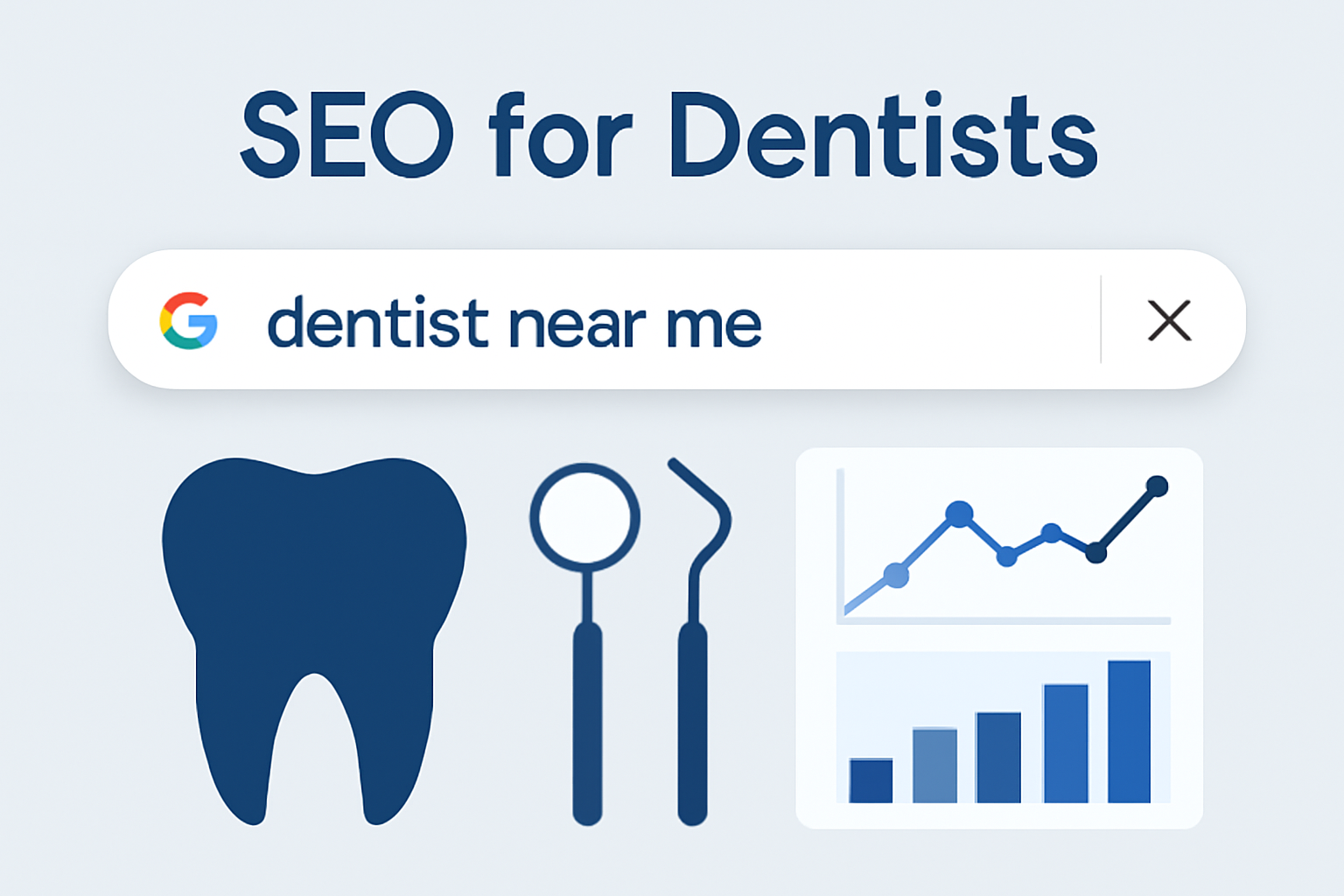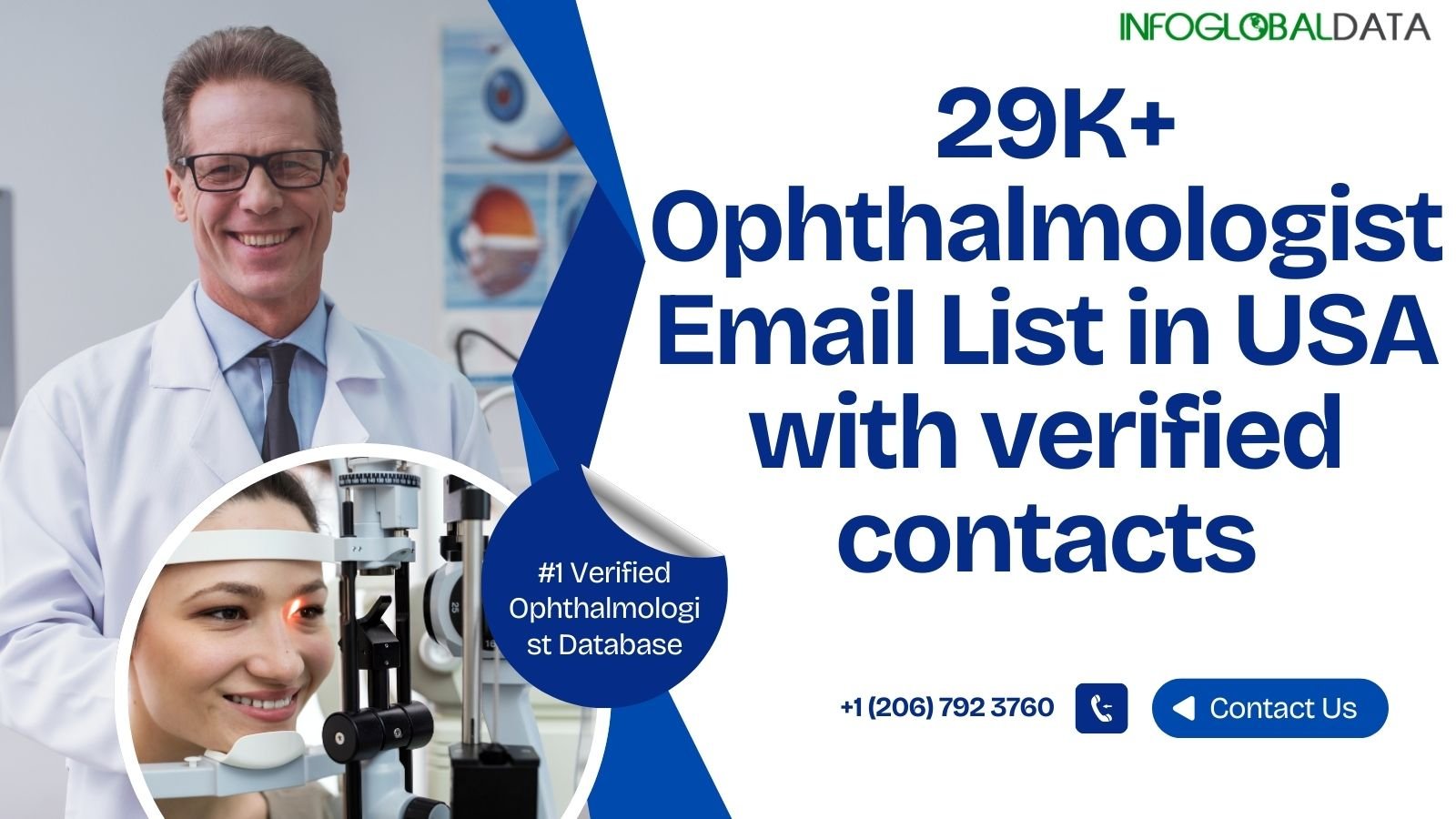In today’s corporate landscape, environmental, social, and governance (ESG) performance has become a vital part of how investors and consumers evaluate companies. Transparency in sustainability practices is now a global expectation — not just a corporate trend. To meet these rising demands efficiently and accurately, organizations are turning to ESG reporting tools, which simplify the complex process of collecting, analyzing, and reporting sustainability data.
This article explores what ESG reporting tools are, how they work, their key benefits, and the best software solutions available in 2025 to enhance corporate sustainability reporting.
What Are ESG Reporting Tools?
ESG reporting tools are specialized software systems designed to help organizations track, measure, and disclose their environmental, social, and governance performance. These tools collect data from different departments, align it with recognized ESG standards, and generate reports that comply with global frameworks like GRI (Global Reporting Initiative), SASB (Sustainability Accounting Standards Board), TCFD (Task Force on Climate-related Financial Disclosures), and CDP (Carbon Disclosure Project).
By automating the reporting process, ESG reporting tools save time, minimize human error, and improve the credibility of sustainability reports — making them an essential component of modern business management.
Why ESG Reporting Tools Are Important
As stakeholders increasingly demand transparent sustainability disclosures, companies must ensure that their ESG data is accurate, timely, and verifiable. Here’s why ESG reporting tools are crucial for businesses today:
- Regulatory Compliance:
Governments and investors now require companies to report ESG performance in line with international standards. - Investor Confidence:
Transparent ESG data builds trust among investors and enhances access to responsible capital. - Operational Efficiency:
Automated data collection reduces manual reporting errors and saves valuable time. - Reputation Management:
Consistent reporting strengthens brand image and demonstrates corporate accountability. - Strategic Decision-Making:
Provides actionable insights into sustainability performance and areas for improvement.
With ESG reporting tools, organizations can integrate sustainability into their core business strategy while ensuring compliance and credibility.
Key Features of Effective ESG Reporting Tools
When evaluating ESG reporting tools, businesses should look for platforms that offer comprehensive data management, automation, and compliance capabilities. Here are some essential features to consider:
- Data Integration: Connects with multiple data sources — such as ERP, CRM, and financial systems.
- Framework Alignment: Supports global reporting standards like GRI, SASB, and TCFD.
- Automated Data Collection: Reduces manual input and ensures real-time accuracy.
- Performance Dashboards: Offers visual analytics to monitor progress on ESG goals.
- Customizable Reporting: Enables easy creation of tailored sustainability reports.
- Audit and Compliance Tracking: Maintains traceability and transparency in disclosures.
- Cloud-Based Access: Ensures scalability and collaboration across global teams.
How ESG Reporting Tools Work
The operation of ESG reporting tools can be broken down into four main steps:
- Data Collection: Gathers environmental, social, and governance data from internal and external systems.
- Data Validation: Checks for completeness, consistency, and accuracy of information.
- Data Analysis: Uses AI or analytics to measure performance and identify improvement areas.
- Reporting and Disclosure: Generates ESG reports aligned with industry frameworks for stakeholders and regulators.
This process transforms scattered sustainability data into structured, reliable, and actionable insights.
Top 5 Best ESG Reporting Tools in 2025
Here are some of the most reliable and widely adopted ESG reporting tools that businesses use for sustainability and compliance management:
1. Workiva
Workiva is one of the most trusted ESG reporting tools, offering a complete solution for sustainability reporting, compliance management, and data visualization. It integrates financial and non-financial data to deliver accurate, audit-ready ESG reports.
2. Diligent ESG
Diligent ESG provides real-time data analytics, sustainability goal tracking, and framework alignment. It simplifies ESG disclosure and supports reporting for both internal and external stakeholders.
3. Novisto
Novisto is a modern, cloud-based ESG reporting tool designed for seamless data management and automated reporting. It aligns with multiple frameworks and helps companies scale their ESG programs efficiently.
4. Enablon by Wolters Kluwer
Enablon combines ESG reporting, risk management, and compliance tracking. It is a popular enterprise-level solution trusted by large organizations for managing sustainability and corporate responsibility data.
5. SpheraCloud ESG Reporting
SpheraCloud is a comprehensive ESG reporting tool that focuses on environmental data management and performance optimization. It enables companies to track carbon emissions, energy usage, and social impact in real time.
Benefits of Using ESG Reporting Tools
Implementing advanced ESG reporting tools offers numerous advantages to businesses:
- Efficiency: Reduces the time spent on manual data entry and consolidation.
- Accuracy: Ensures consistent and error-free ESG disclosures.
- Transparency: Builds credibility with investors, regulators, and customers.
- Scalability: Adapts to organizations of different sizes and data complexities.
- Data-Driven Insights: Provides meaningful analytics for continuous improvement.
- Compliance: Simplifies alignment with global ESG frameworks and regulations.
These tools not only simplify sustainability reporting but also help companies integrate ESG principles into their long-term business strategy.
ESG Reporting Tools vs. ESG Reporting Software
Although the terms are often used interchangeably, ESG reporting tools generally refer to individual modules or features within larger sustainability platforms. In contrast, ESG reporting software typically provides a complete end-to-end solution that manages ESG data collection, analytics, and reporting.
For instance, a company may use specific ESG reporting tools for data visualization or framework mapping, while the broader ESG software handles data governance, integration, and workflow automation.
Integration with Data Management Software
Many advanced ESG reporting tools integrate with data management software to enhance accuracy and consistency. This integration allows ESG data — such as emissions, resource consumption, or workforce diversity — to be synchronized with enterprise databases for better analytics and compliance tracking.
By combining ESG tools with robust data management systems, organizations can ensure both sustainability and operational efficiency.
How to Choose the Right ESG Reporting Tool
When selecting the best ESG reporting tools for your business, consider the following factors:
- Compatibility with global ESG reporting frameworks
- Integration with ERP, CRM, and data management platforms
- Real-time analytics and visualization capabilities
- Data security and privacy compliance
- Cloud deployment and scalability
- Vendor support and system flexibility
The Future of ESG Reporting Tools
As sustainability becomes a key factor in business success, the future of ESG reporting tools lies in automation, artificial intelligence, and predictive analytics. These innovations will enable real-time monitoring of ESG metrics, automated report generation, and improved data verification processes.
AI-powered ESG reporting tools will soon allow companies to forecast environmental and social impact, align with emerging regulations, and set measurable sustainability goals.
Conclusion
ESG reporting tools are transforming how businesses measure and communicate their sustainability performance. They offer automation, compliance, and data transparency — empowering companies to make responsible, informed decisions.
Top platforms such as Workiva, Diligent ESG, Novisto, Enablon, and SpheraCloud have set the benchmark for modern ESG data management and reporting.
By adopting reliable ESG reporting tools, organizations can enhance accountability, meet regulatory expectations, and build long-term value through sustainability.
















Leave a Reply